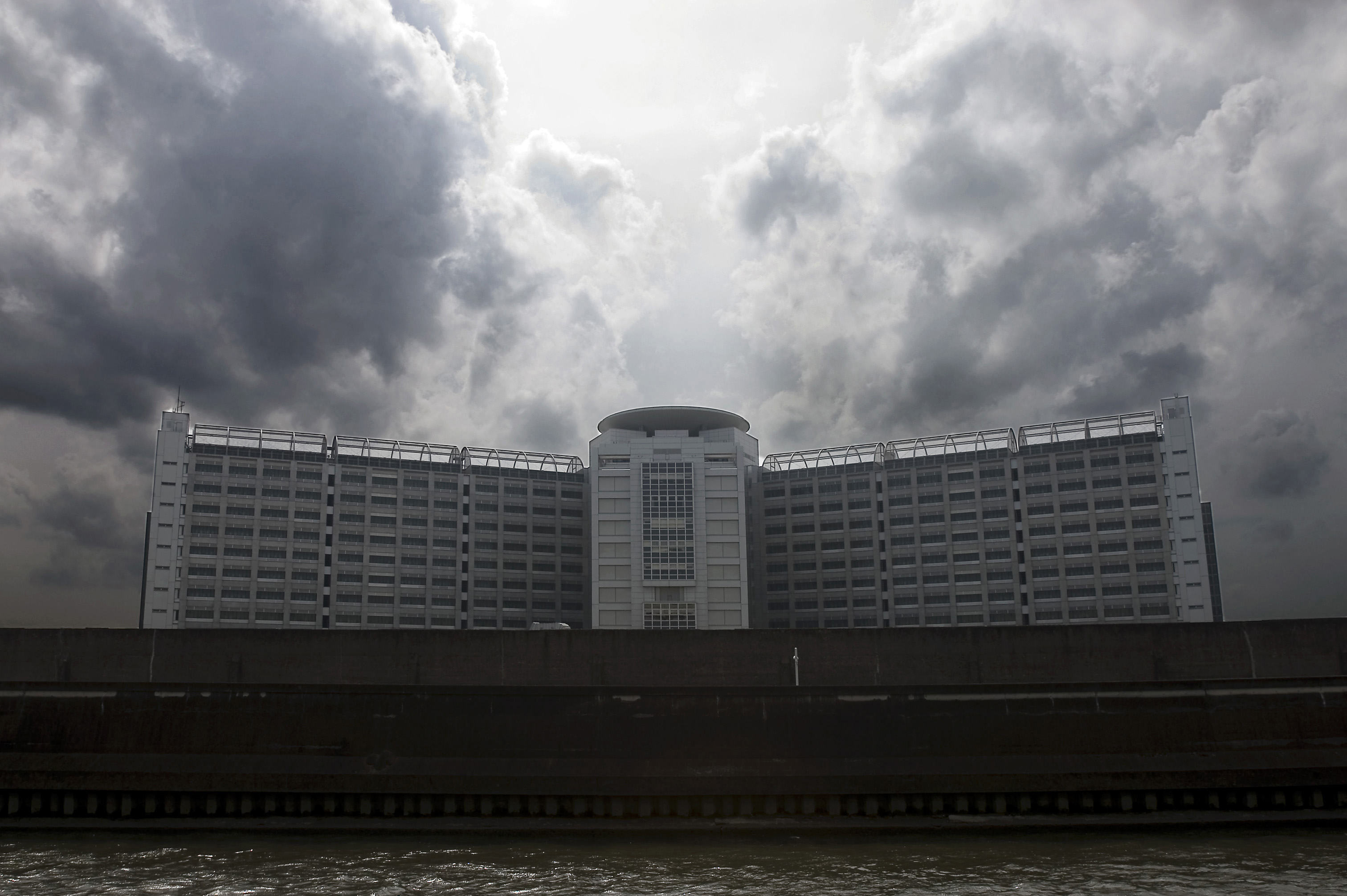Last week, Philippine President Rodrigo Duterte announced his plans to reinstate the death penalty, which was abolished in his country in 2006. Duterte says he believes in retribution: If you kill someone, you deserve to die.
Some people are shocked by this rationale, but they shouldn't be. The death penalty has always been more or less about revenge, though it is sometimes justified as a deterrent. The Japanese government has never clearly explained its adoption of capital punishment except to say that most Japanese people want it. In recent years, some have called for a nationwide debate on the death penalty, including one justice minister who actually signed off on an execution for the purpose of starting such a debate.
Recently, several major newspapers, including The Japan Times, published the name of the man who was sentenced to death for two murders he committed in Ishinomaki, Miyagi Prefecture, in 2010 as a minor. Making this name public breaks a self-imposed rule that people arrested or convicted as minors will not be identified publicly. The ostensible reason for this rule is that the suspect has a chance at rehabilitation, which means he or she could re-enter society at some future date. In the minor's case, some newspapers claimed that, since the young man in question was condemned to death, there was no possibility of rehabilitation, so it was OK to print his name.



